Microsoft unveils CoreAI – A new platform and tools for AI-powered apps
Satya Nadella announced the new platform in a blog post.
3 min. read
Published on
Read our disclosure page to find out how can you help Windows Report sustain the editorial team. Read more
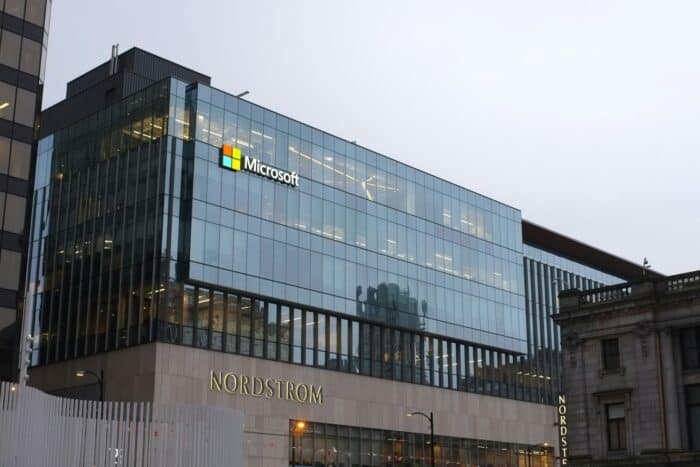
Microsoft introduced its new CoreAI platform and tools designed to develop AI-powered applications. CEO Satya Nadella announced the news in a communication to Microsoft employees, stating that the shift towards AI-powered applications is set to define 2025 and beyond.
According to Nadella, the next three years will see “thirty years of change” as AI models become a fundamental part of every software application category, from CRM and ERP systems to industry-specific platforms.
However, while the capabilities of these AI-powered applications are set to increase significantly – with the introduction of “agents” that can remember past interactions and carry out a range of tasks – the way software is built is also changing.
The Microsoft CEO said the shift towards AI-first applications is “leading to a new AI-first app stack — one with new UI/UX patterns, runtimes to build with agents, orchestrate multiple agents, and a reimagined management and observability layer.”
As a result, the Redmond-based tech giant is creating a new engineering organization focused on building the tools and platforms needed for this new era of software.
CoreAI – Platform and Tools will bring together various existing teams at Microsoft, including Dev Div, the company’s AI platform team, and several groups at the Office of the CTO, including those working on AI Supercomputer, AI Agentic Runtimes, and Engineering Thrive.
The new group will be led by Jay Parikh, who previously served as Facebook’s head of infrastructure. Parikh will report to Scott Guthrie, Microsoft’s Cloud + AI chief, and will work closely with Rajesh Jha, Microsoft’s EVP of Experiences and Devices, and Charlie Bell, the company’s CTO, to help Microsoft’s entire tech stack become AI-savvy. Parikh will also be in charge of GitHub Copilot, Microsoft’s AI-powered code-writing tool.
In a memo to employees, Nadella said that Microsoft has been working on the technology to enable the next generation of software for over two years.
But to truly accelerate our progress and take full advantage of the opportunity in front of us, we need to operate as one company from our tech stack to products to customer engagement to go-to-market.
Microsoft has made several moves in recent months to accelerate its AI ambitions. For example, last November, the company unveiled the Azure AI Foundry, a unified platform that gathers all the tools developers need to build AI-powered apps.
In September, Microsoft unveiled a new series of AI accelerators for Azure, which include chips that the company says will enable more powerful and efficient AI model training.
You can read Satya Nadella’s announcement here.
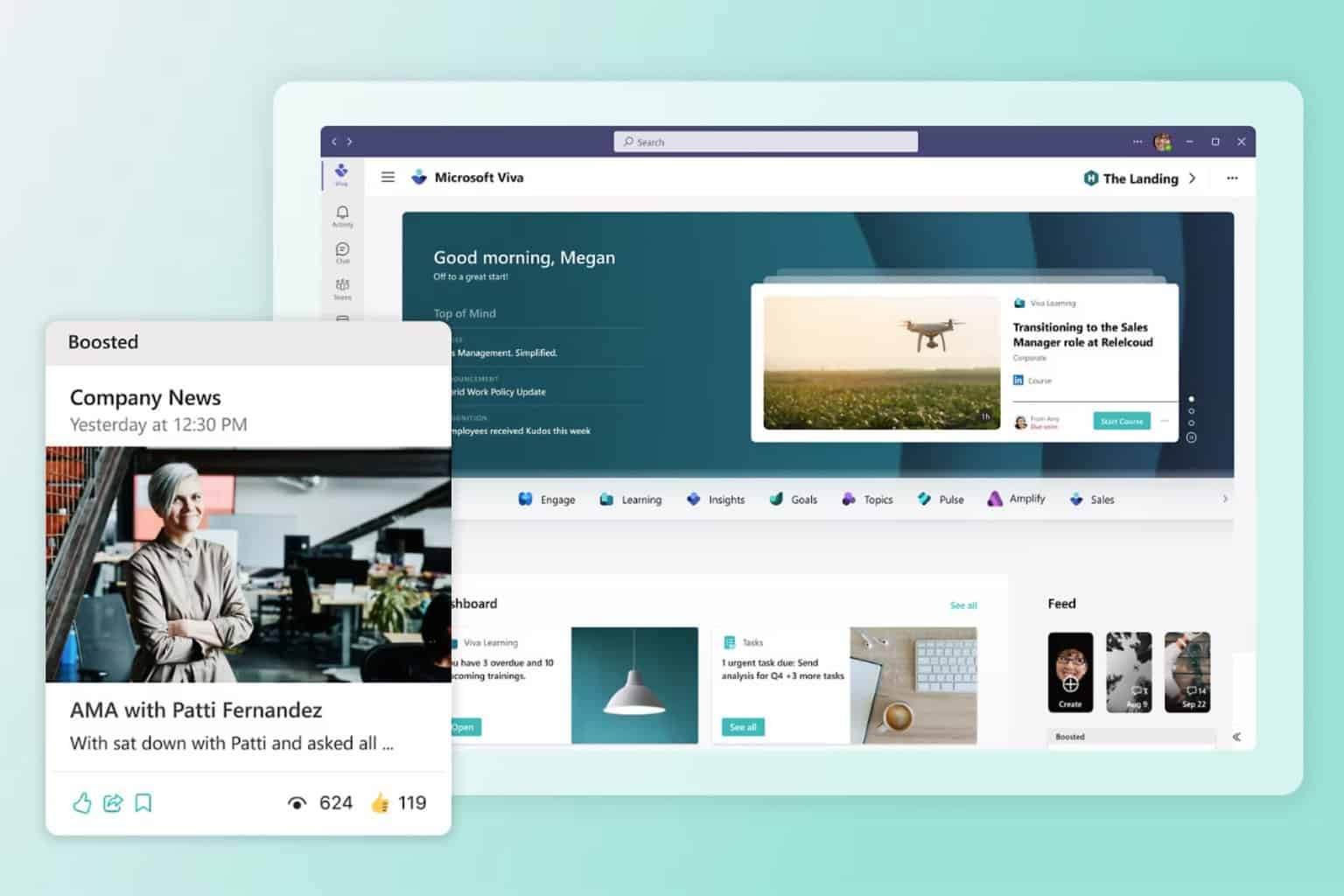
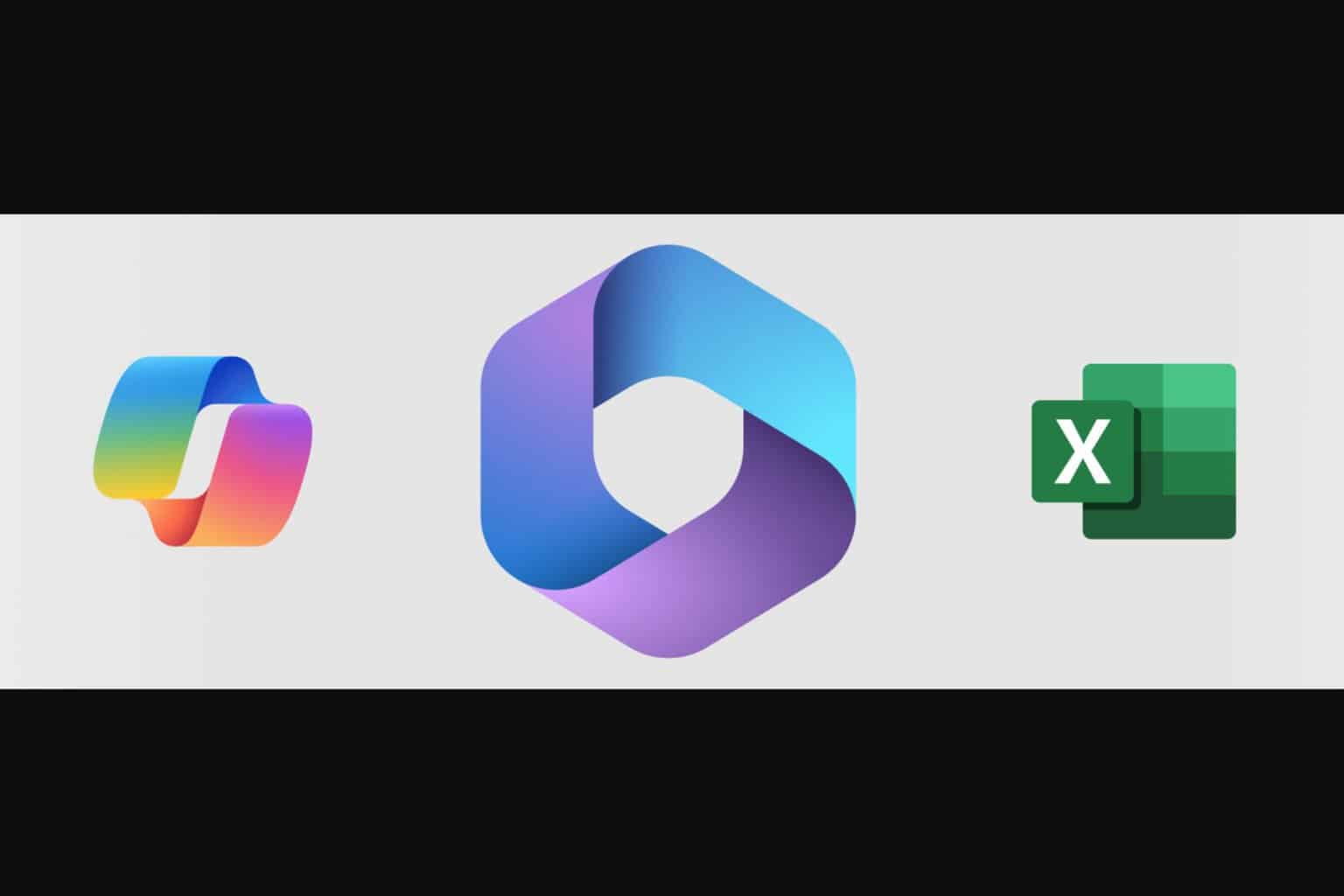
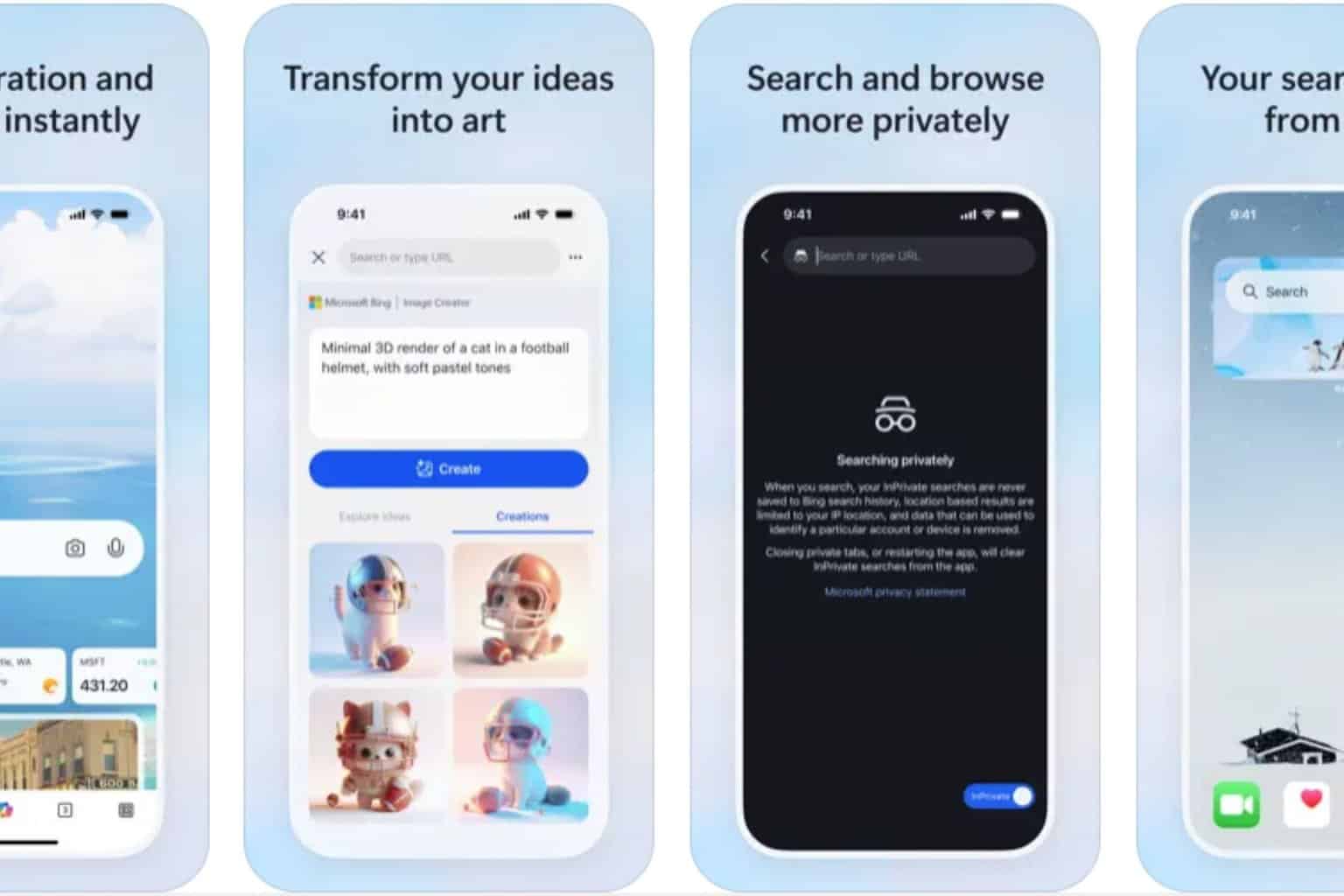


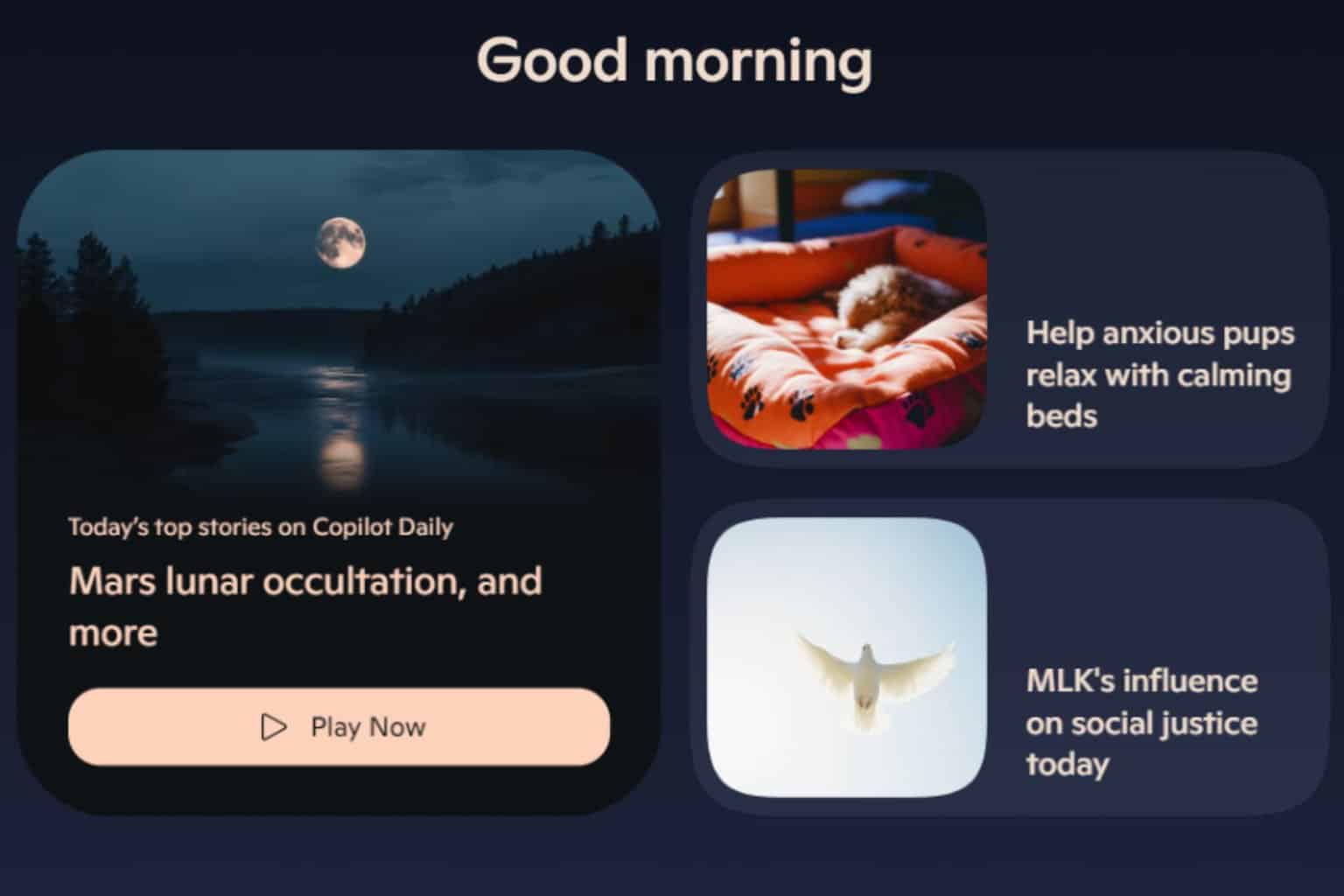

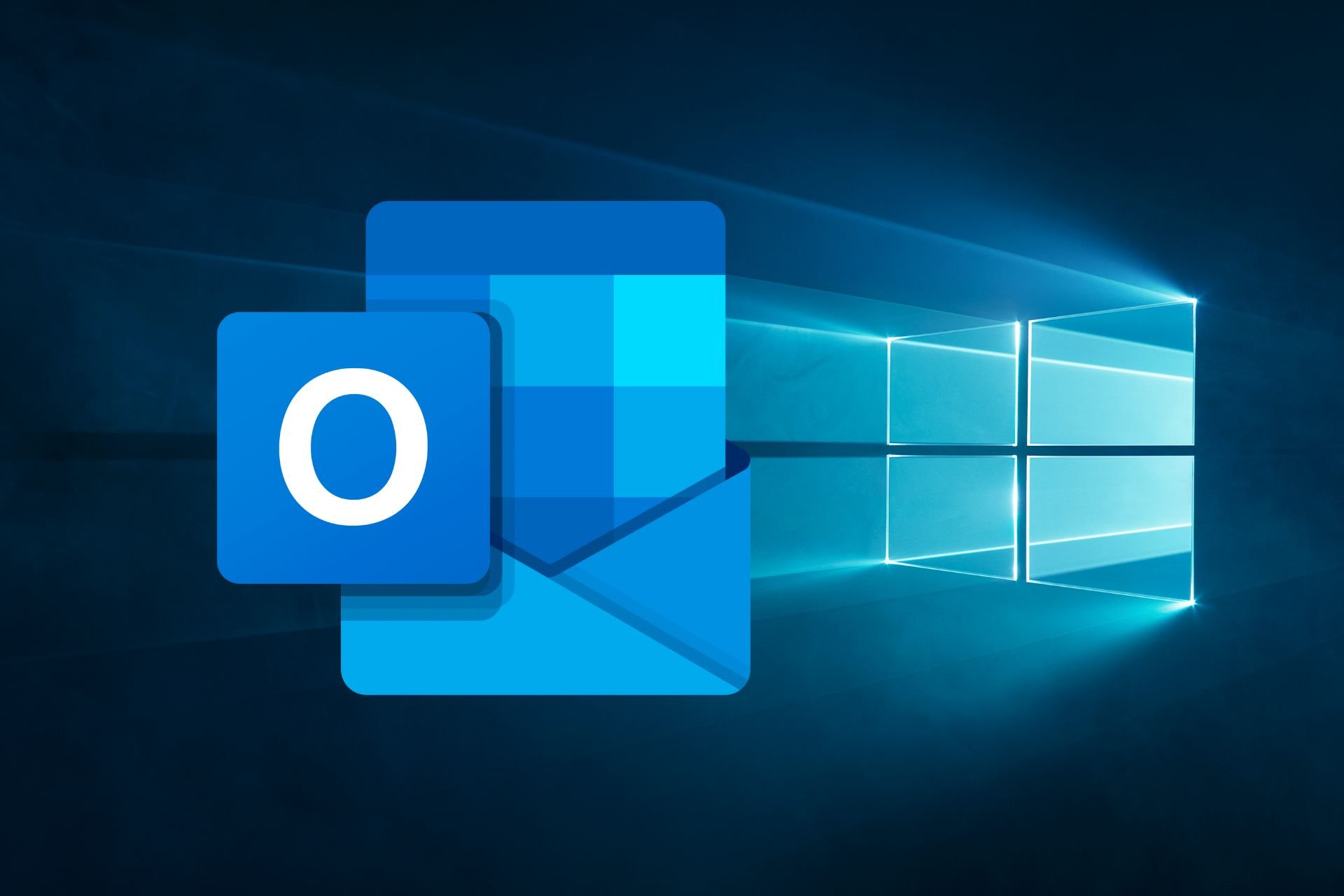
User forum
0 messages